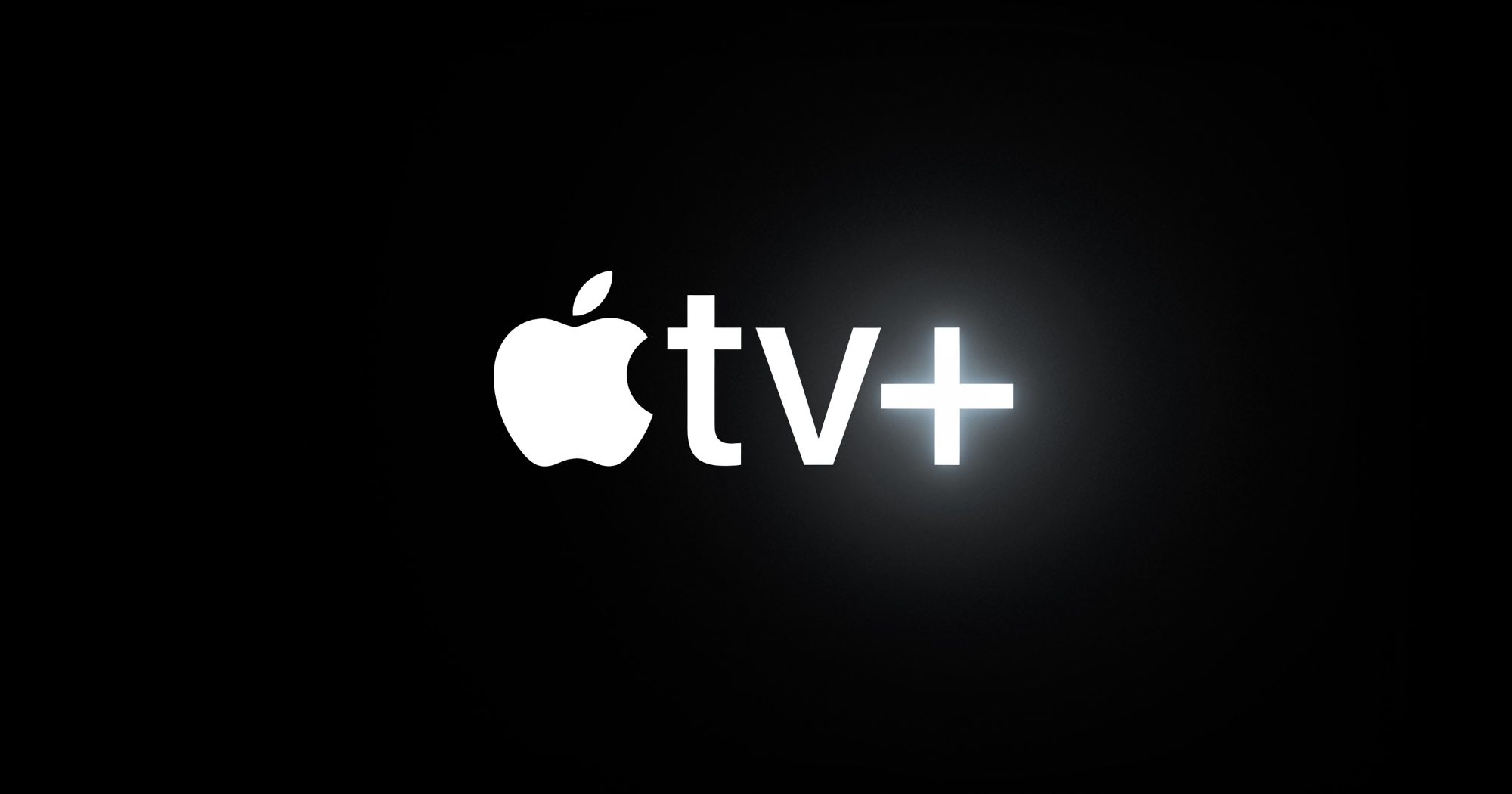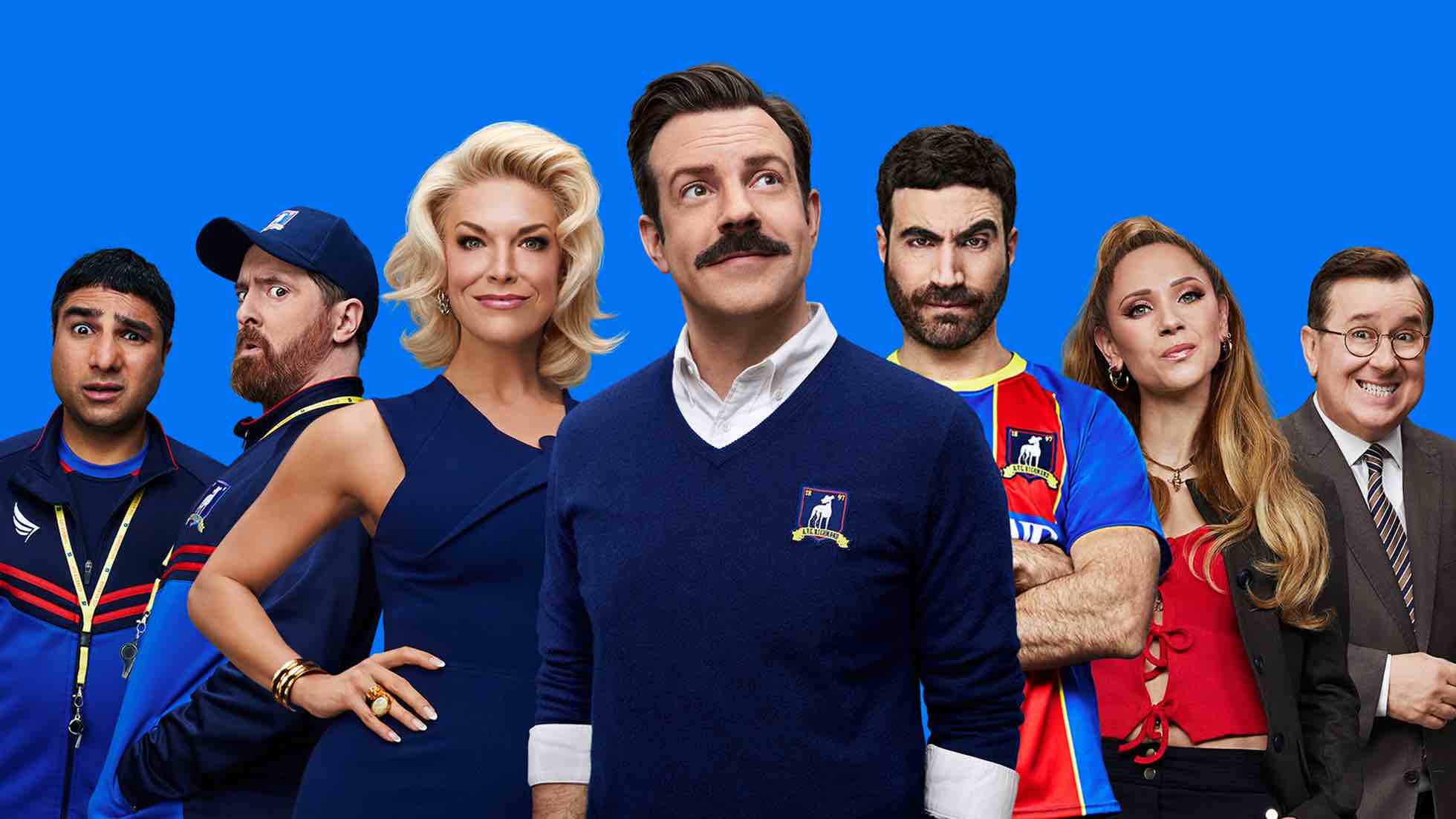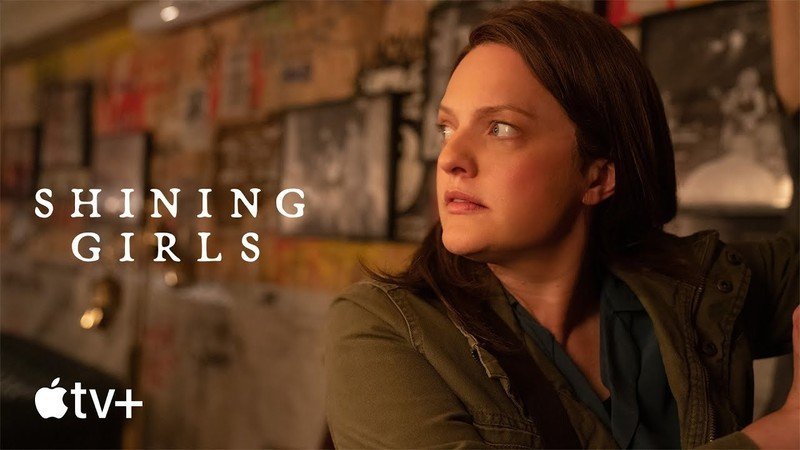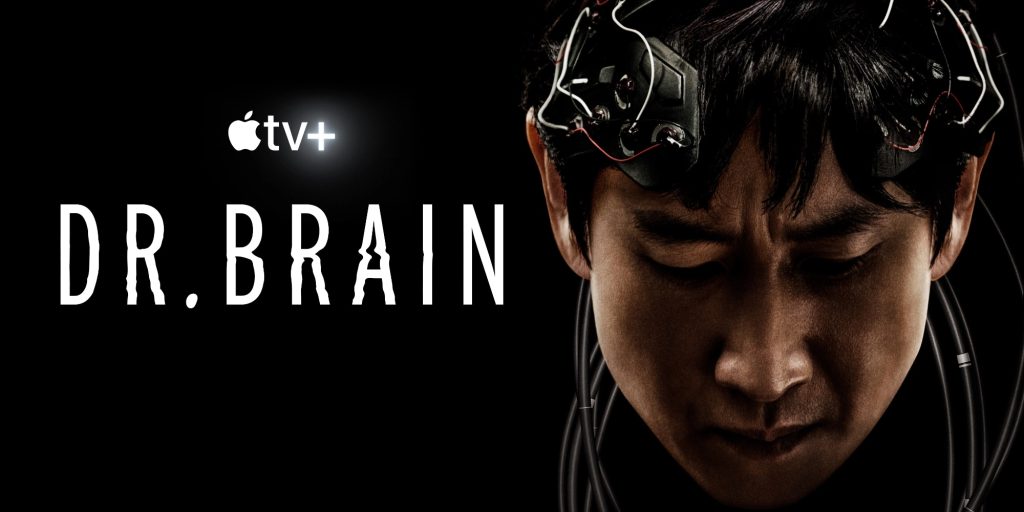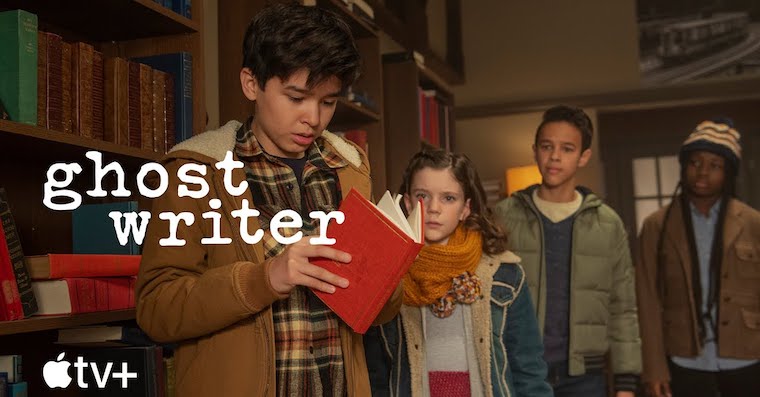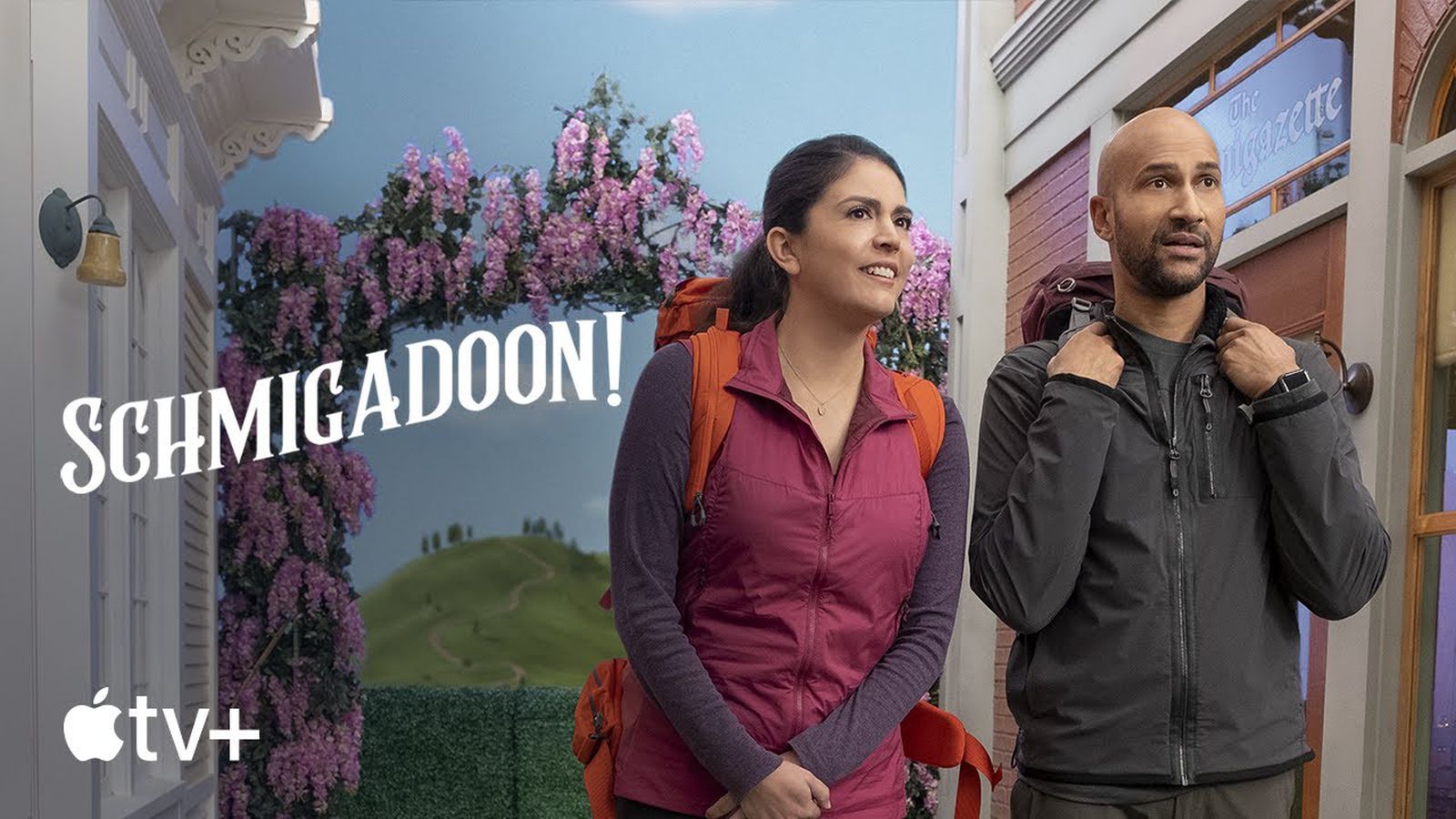If you thought that the case surrounding Lightning and USB-C was over, that is definitely not the case. As it seems, the EU definitely does not want to let the tech giants do what they want and intends to regulate them in all respects. The question is, is it good?
Large technology companies are a thorn in the side of the European Union or the European Commission, i.e. its multinational body. If we focus purely on Apple, it is perhaps the most beaten. It doesn't like its Apple Pay monopoly in conjunction with NFC accessibility, it doesn't like the App Store monopoly either, the proprietary Lightning has already practically counted, while the EU also investigated the case regarding the taxes on which Apple should have handed over €13 billion to Ireland (eventually the lawsuit was dismissed ).
Now we have a new case here. The European Union is tightening rules on big tech companies operating in the EU from 2023, and a new report shows its antitrust regulators want to probe Apple, Netflix, Amazon, Hulu and others over the Alliance for Open Media's (AOM) video licensing policies. The organization was founded a few years ago with the original goal of creating "a new royalty-free video codec specification and open source implementation based on contributions from Alliance members and the wider development community, along with binding specifications for media format, content encryption and adaptive streaming."
But as he mentions Reuters, the EU watchdog doesn't like it. He said he wants to find out if there are any violations of the regulations in connection with the licensing policy in the field of video and what impact this will have on companies that are not part of this alliance. It also includes Google, Broadcom, Cisco and Tencent.
It could be interest you
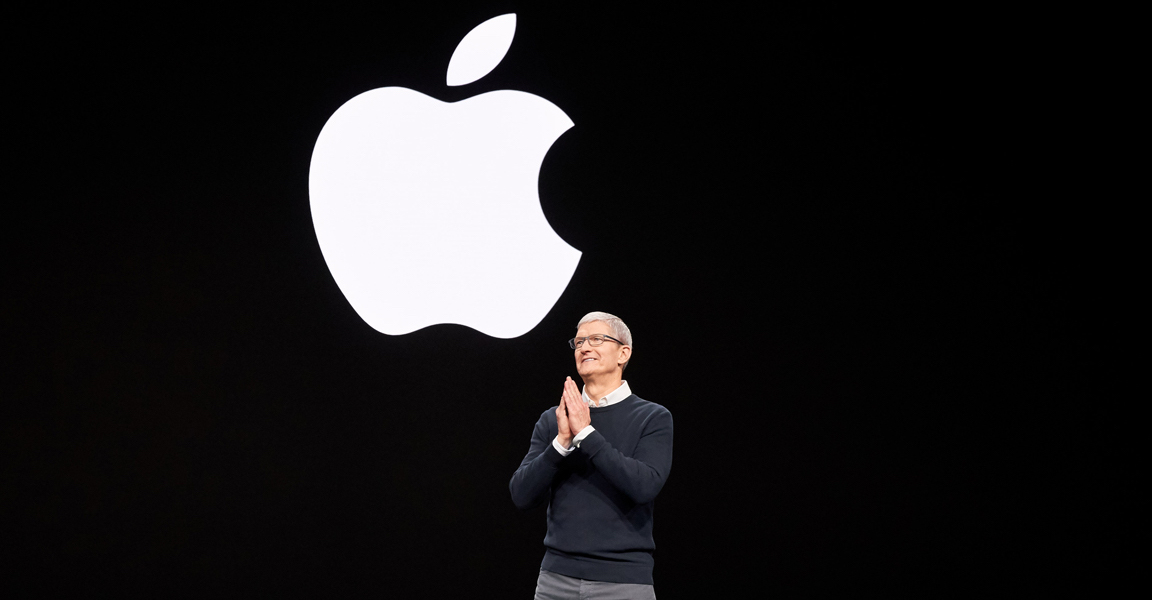
Two sides of a coin
It is rather difficult to relate to the various EU requirements/regulations/fines. It depends on which side of the barricade you stand on. On the one hand, there are pious motives on the part of the EU, namely "so that everyone is well", on the other hand, the various ordering, commanding and prohibiting has a certain aftertaste on the tongue.
When you take Apple Pay and NFC, it would be beneficial for us to have Apple unlock the platform and we would also see third-party solutions. But it's purely Apple's platform, so why would he do that? If you take the monopoly of the App Store - do we really want to install content on our device from unverified sources that can be a threat to the device? If you take Lightning, or rather not, enough has already been written about it. Now the EU will also want to dictate to us the codecs for streaming video (so it may sound like that).
The EU kicks for the people of the member countries, and if we don't like whether it kicks to the right or to the left, we have ourselves to blame. We ourselves sent those who represent us there as part of the elections to the European Parliament.


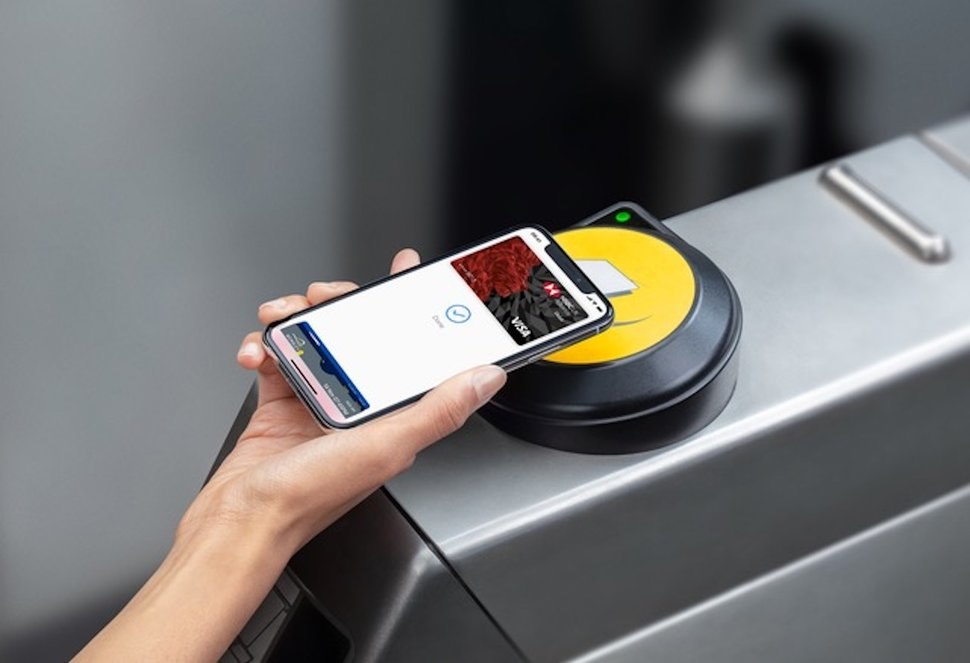
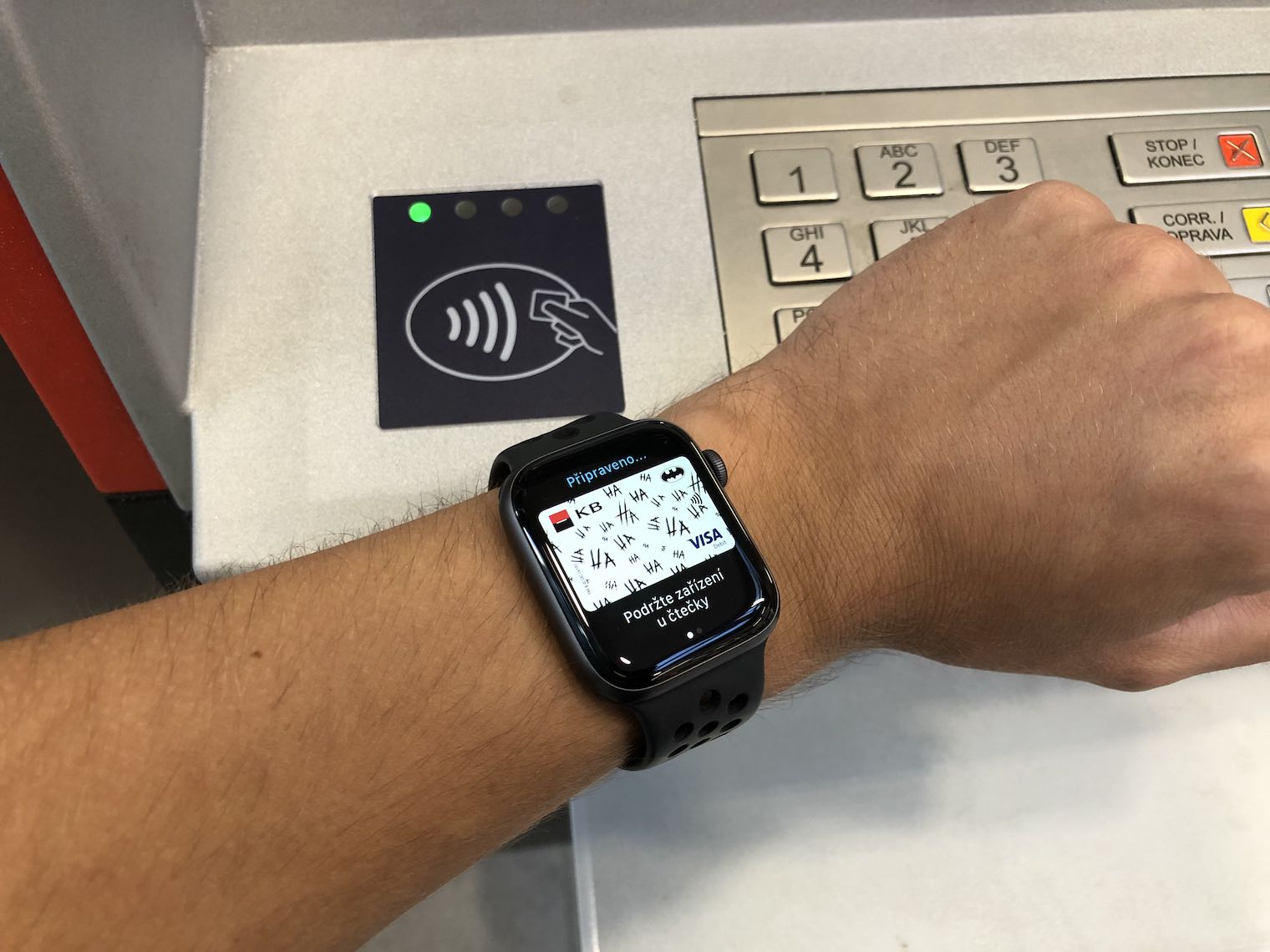
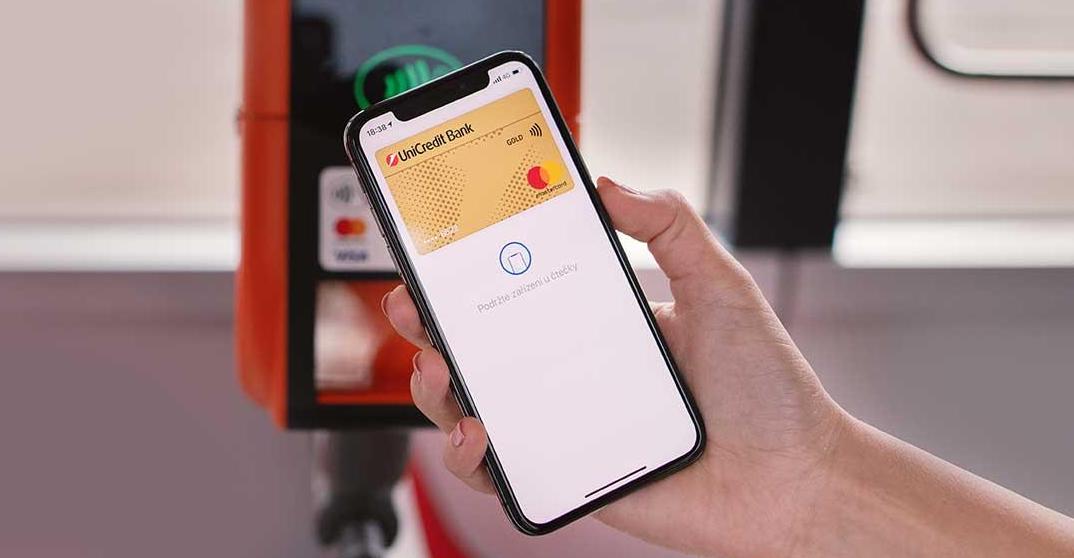
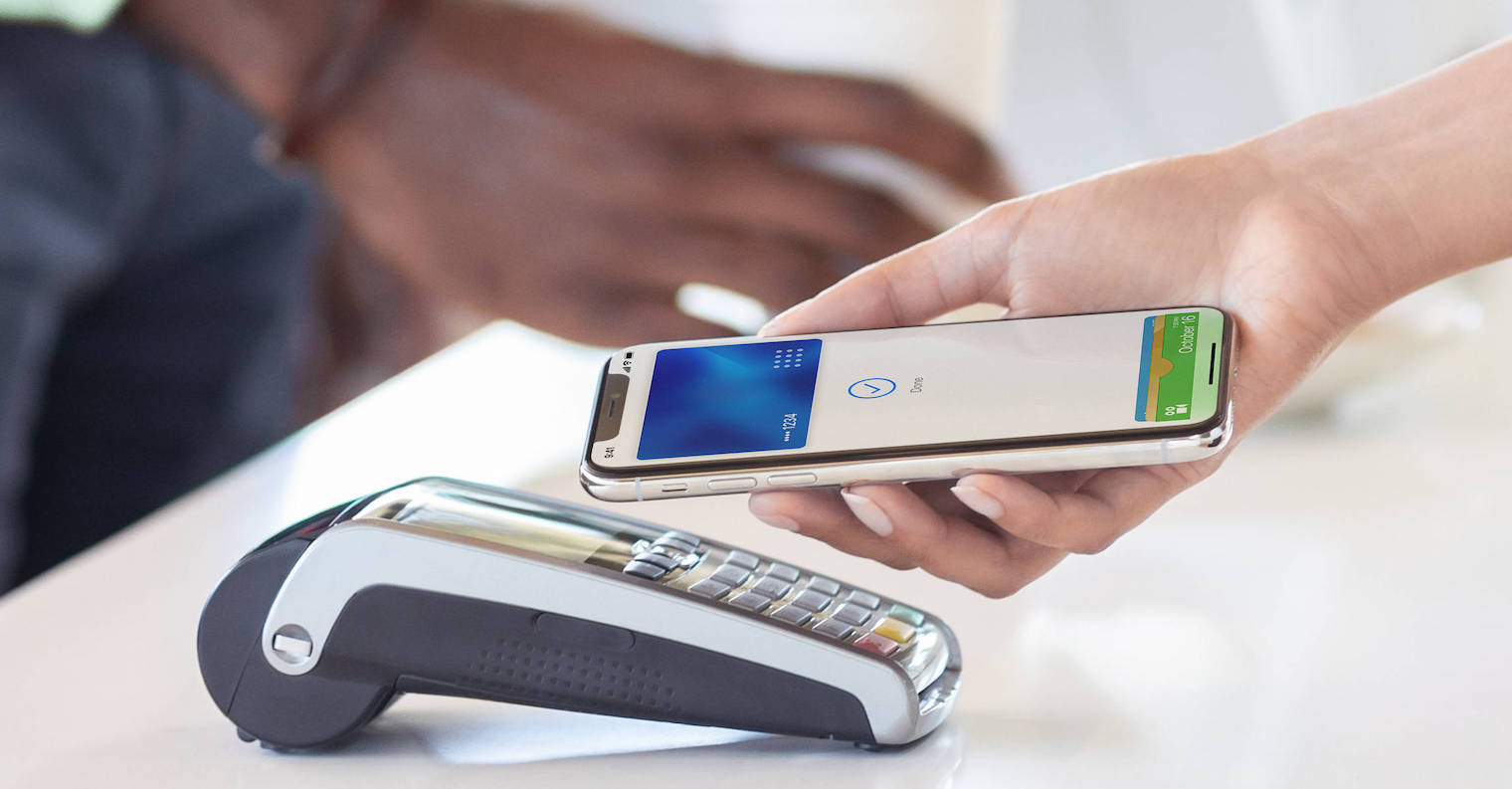

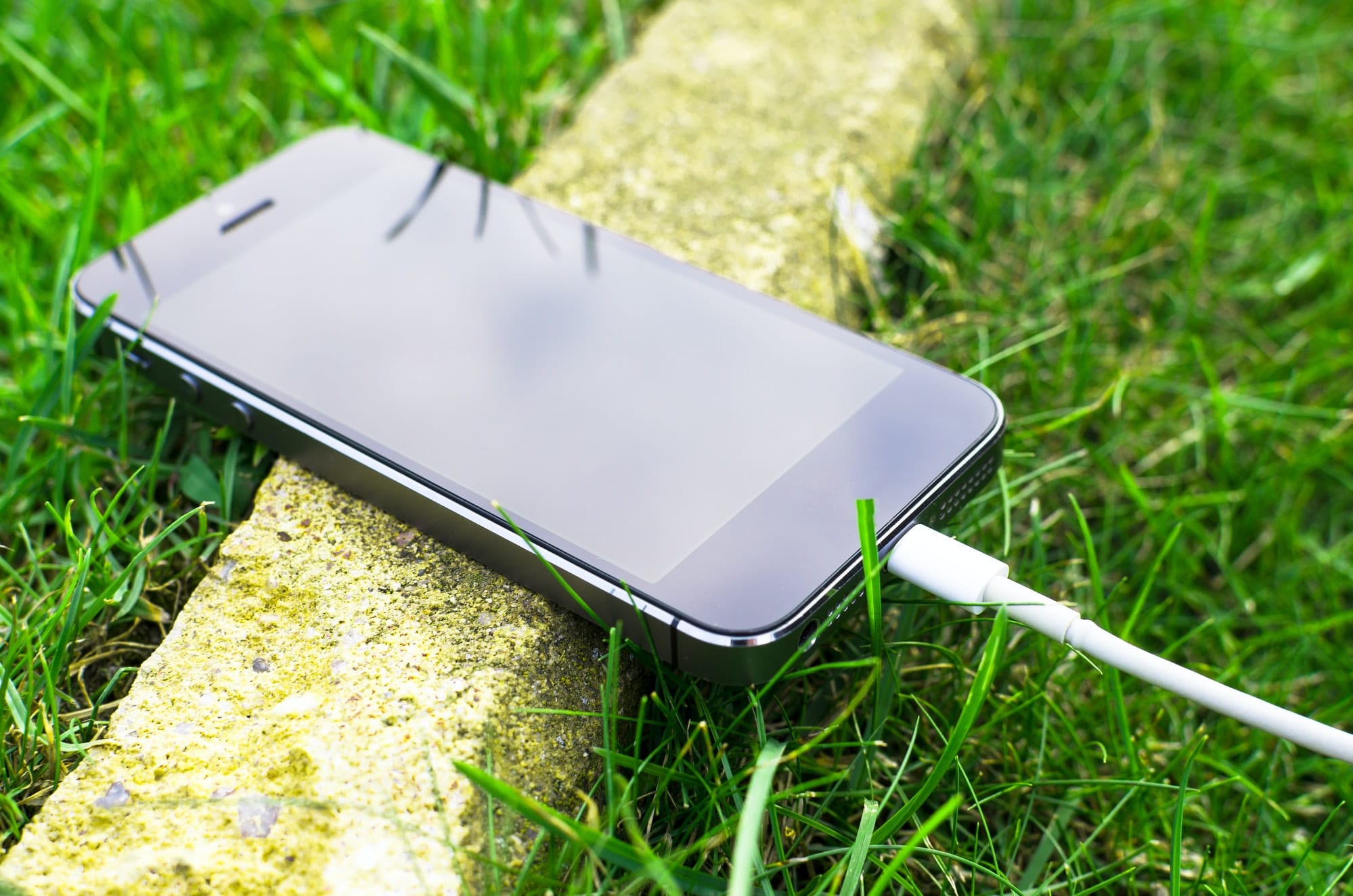
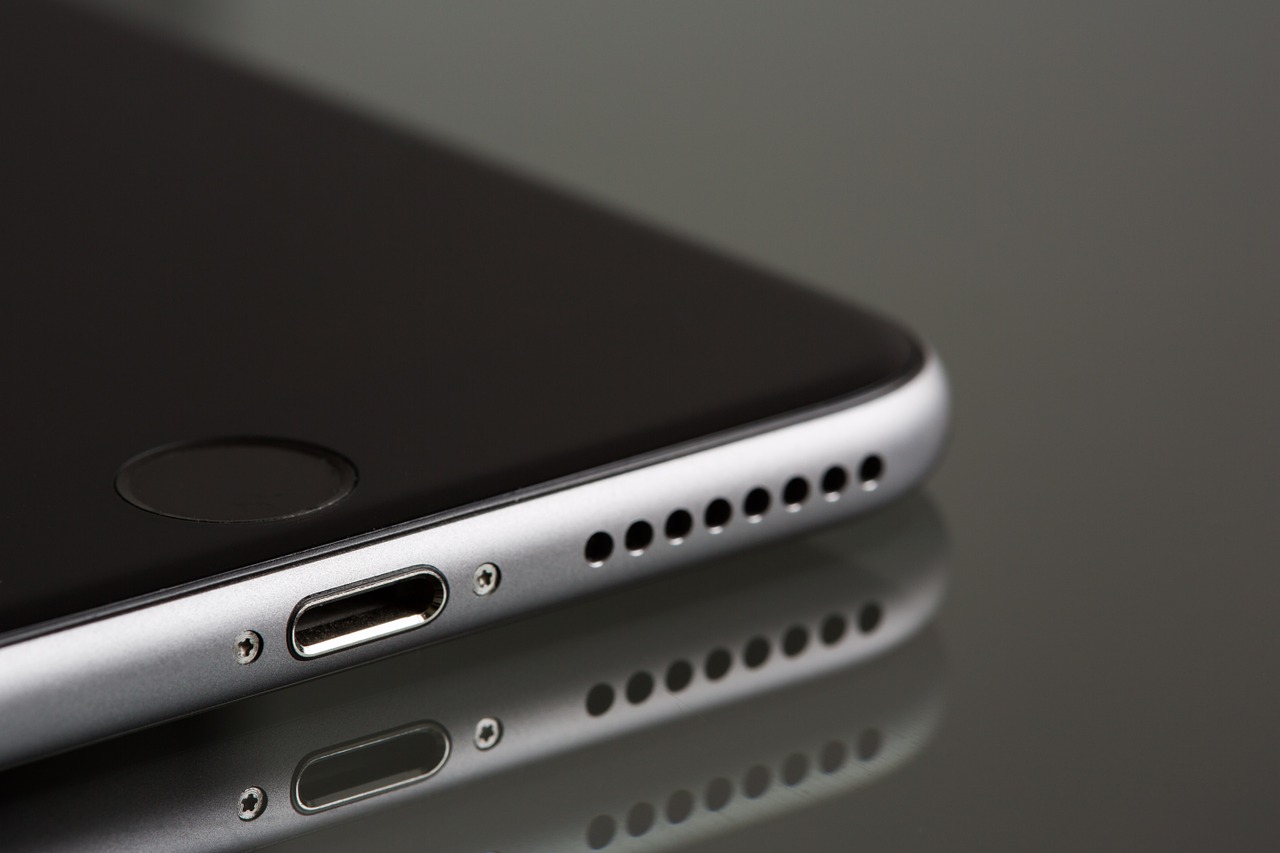
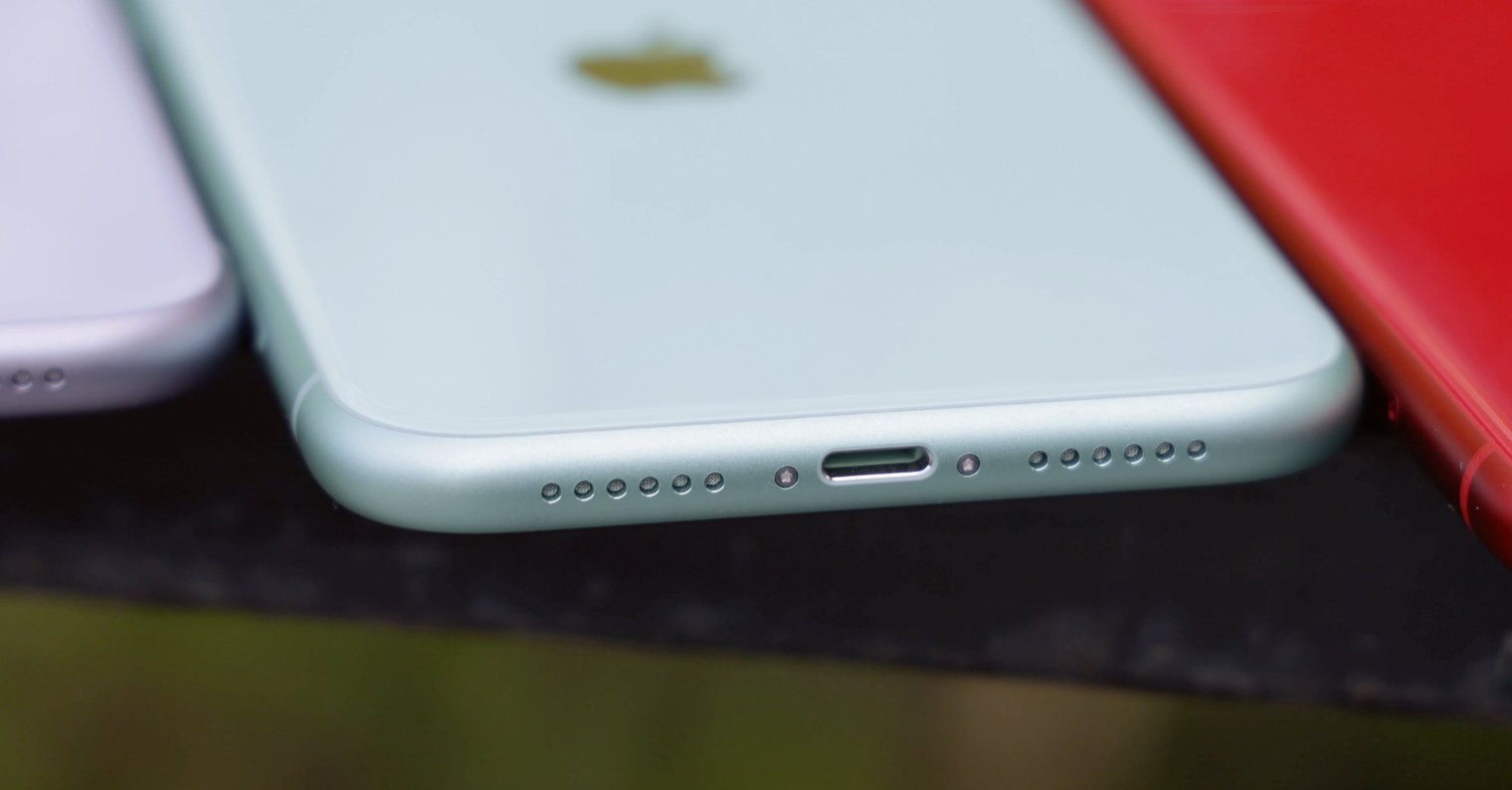

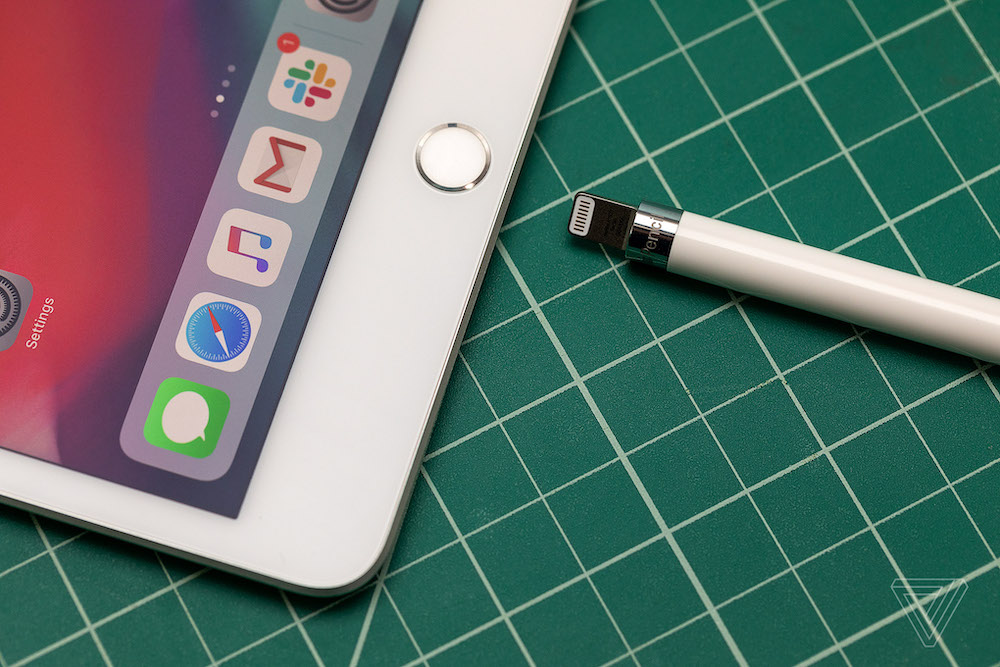

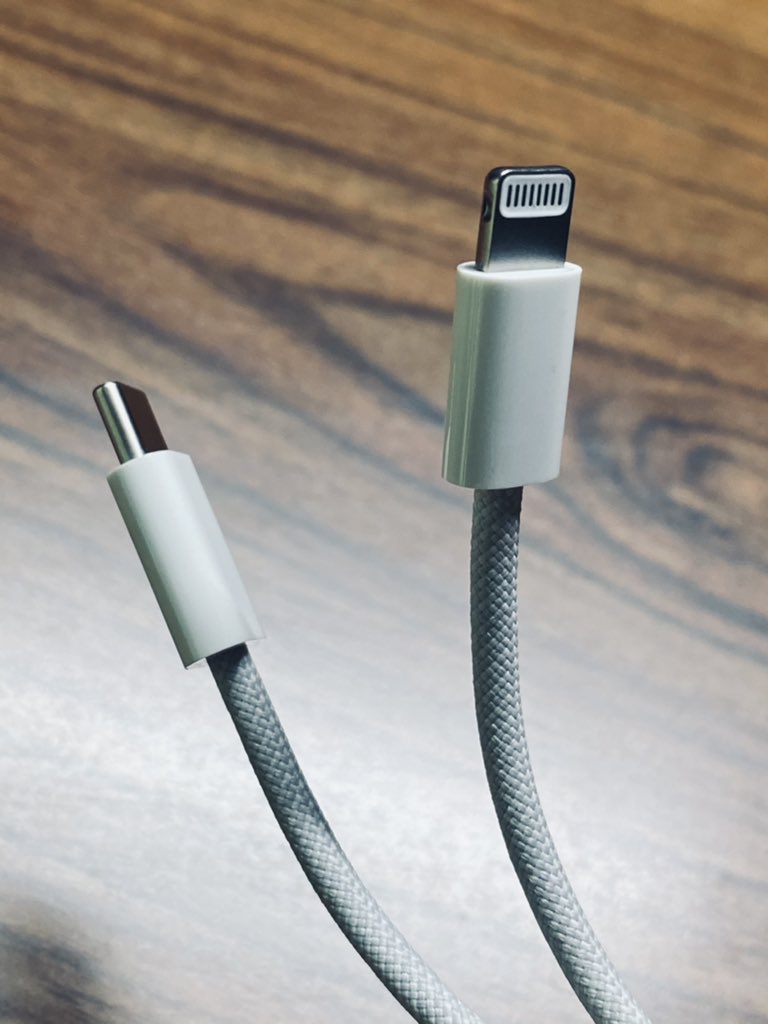
 Adam Kos
Adam Kos 